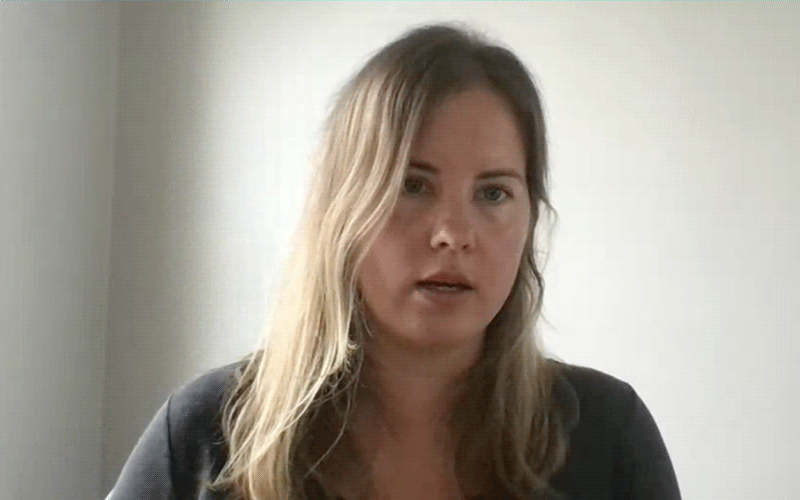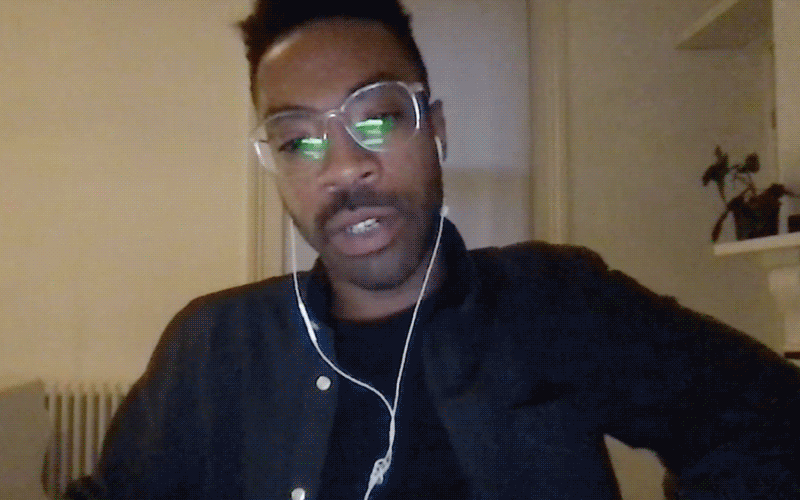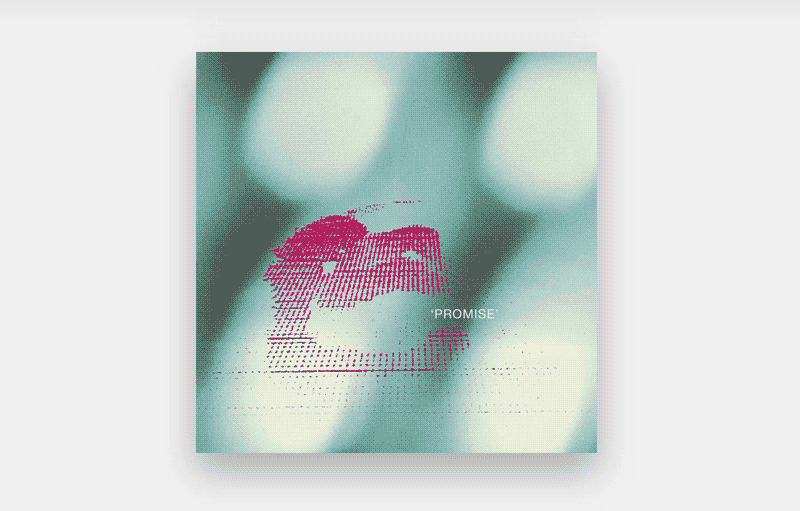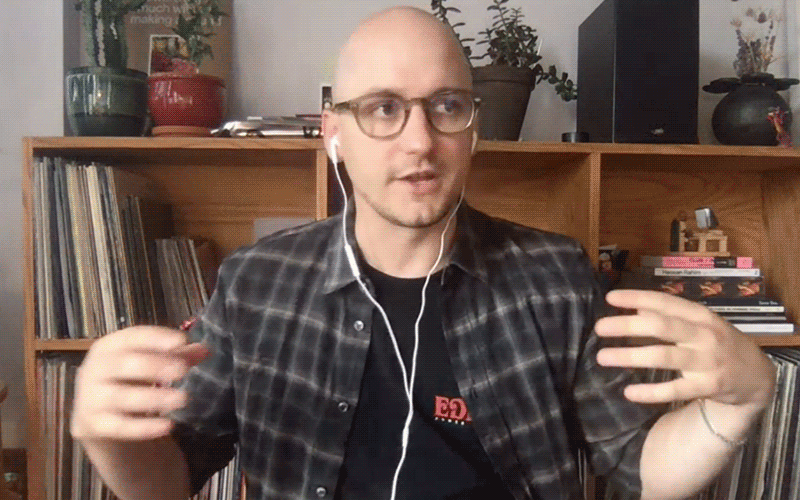← Explore
Panel
NFTs, the Blockchain and the Changing Dynamics of the Music Industry
Speakers:
Damien Roach, Lindsay Howard, Matthew McQueen, Phillipe Aubin-Dionne, Shawn Reynaldo
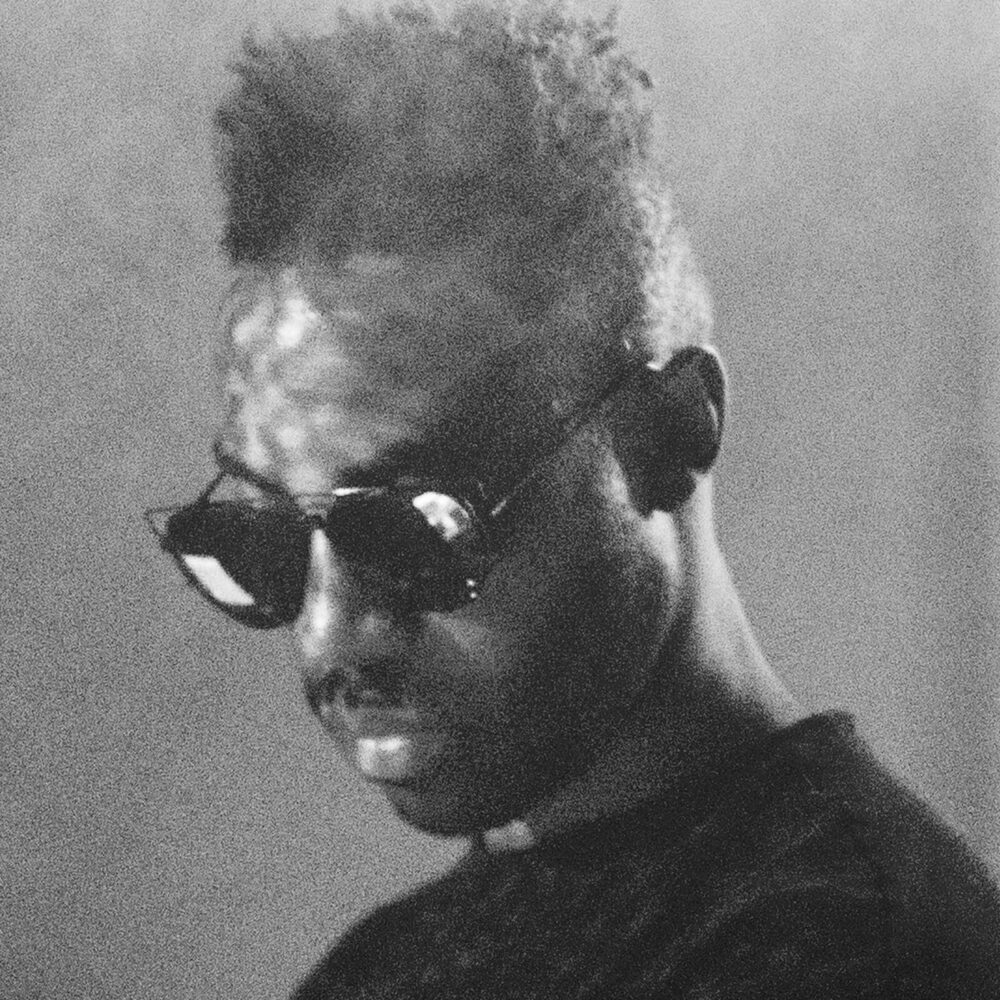
Profile:
Damien Roach
Damien Roach records under the alias patten, and works more broadly across design, installation, film, and live performance. His recent work includes shows at the ICA and Tate Modern in London, an AV tour with SHAPE Platform in 2019, and creative direction and design for Caribou’s Jiaolong label & Daphni project, and animation & artwork for Nathan Fake’s ‘Blizzards’ LP. He is also the force behind the 555-5555 web forum following his creative agency of the same name.
Profile:
Lindsay Howard
Lindsay Howard is the Head of Community at Foundation. A distinguished curator and expert in contemporary art, Howard has spent the last decade organizing projects with the New Museum, Museum of the Moving Image, Kickstarter, Eyebeam Art and Technology Center, and Phillips Auction House. She has written and spoken extensively about digital art and new approaches to valuation, and serves on the board of Rhizome, an organization that champions born-digital art and culture.
Soundbite:
“Foundation is a platform that is bridging culture and crypto to build mutual support among these two different communities. In my work I’ve traditionally played the role of curator, working with digital artists to help sell their work. At Foundation, I’ve overseen over 20 million dollars worth of NFT sales.”
Lindsay Howard, on how her work at NFT platform Foundation is directly aligned with her with her mandate to help artists prosper
Soundbite:
“There’s always been a quiet, non-mainstream, point of contact to encourage people to enter into this space. The community aspect, in terms of creators, but also the way that collectors are engaging with the work and what it is they are actually doing when they purchase the work. It’s about mutual support, and patronage.”
Damien Roach, on the (enthusiastic) invitatations from supportive friends that got him into crypto and NFTs
Takeaway:
A common refrain amongst the musicians in this session was that in less than a year, everyone has had their understanding of what selling music is or could be turned upside-down. Albums now feel quaint, touring no longer needs to be a given. The direct connection between NFT creator and buyer eliminates layers of intermediaries (labels, publishers, festivals, venues) and forces a rethinking of what good or service musicians can make, and might want to make.
Takeaway:
Stepping back from audience reach and sales numbers, the panelists engaged in a broader conversation about value. There was considerable excitement about moving beyond the thinking associated with fiat currencies as cryptocurrencies like Ethereum (or Tezos, Solana, etc.) can serve as more than just ‘another medium of exchange’—but also enact different ways of conducting business and mediating relationships.
Soundbite:
“Just because things are decentralized doesn’t mean they are automatically better. Who has seats at the table is important.”
Lindsay Howard, debunking one of crypto’s founding myths

Reference:
she256
One of Lindsay Howard’s first Foundation projects was connecting with she256. Formed in 2018, the California-based organizations runs a steady stream of events—‘Crypto Taxes Tips & Tricks,’ ‘NFTs 101’—and a Discord to usher under-represented communities into crypto. The group’s goal: set an inclusive “culture and tone” while the blockchain space is still forming and ripe for influencing.
Soundbite:
“The headlines have been about huge sales and crypto’s environmental impact. But there’s a lot more going on here—the radical redistribution of wealth doesn’t get the same airtime.”
Damien Roach, alluding to the narratives that don’t get coverage
Soundbite:
“The ways that artists work is by pushing buttons. And I think that a lot of the critiques around the environmental impact of cryptocurrency were not as well articulated as they are are now. So bringing that energy into crypto has improved the space tenfold.”
Lindsay Howard, on how the influx of artists and musicians into crypto during the NFT boom has been a benefit to the broader ecosystem

Profile:
Matthew McQueen
Recording as Matthewdavid, Matthew McQueen is an experimental all-genre artist and musician from Los Angeles. He is the founder of Leaving Records, a label established in 2008 whose roster of artists includes Dntel, Laraaji, and Ras_G.
Profile:
Philippe Aubin-Dionne
Jacques Greene is the artist name of Montréal-born and raised DJ and producer Philippe Aubin-Dionne. Between producing for artists like Katy B, Tinashe, and How To Dress Well, he has remixed acts including Radiohead, Flume, Rhye, and MorMor. Aubin-Dionne’s productions include the genre defining “Another Girl,” a revered and widely imitated house anthem with future R&B leanings.
Soundbite:
“Right as I left my job and a label partnership a crypto-savvy friend jumped onboard with us: now we have a social token, a DAO, and we’re experimenting with NFTs. We still have a lot of work to do with educating the community but it just feels like it aligns with our ethos and values and why we started a label in the first place—to provide our artists with opportunities.”
Matthew McQueen, on Leaving Records’ foray into decentralization and community governance
Soundbite:
“I found a rhythm on how to engage those that are and aren’t interested in crypto. Now I’m pretty at peace with it.”
Matthew McQueen, on learning how to engage NFT boosters and haters
Project:
“As we explore the possibilities of art on the chain and the promise of web3, we can maybe begin to let go of old systems.” Thus reads the caption for Jacques Green’s song “Promise” which was sold as a 1 of 1 edition on Foundation for 13 ETH in February (then worth $23,000 USD). Interestingly, the song wasn’t all that was for sale and the purchase included the publishing rights, in perpetuity. Viewed in that light the transaction could be considered a thrifty purchase of a copyright versus an extravagant purchase of a short video.
Soundbite:
“I have had my ups and downs with the traditional forms of publishing in the music industry. And for me, my first NFT sale kind of boiled down the endless possibilities that emerge from these new protocols.”
Philippe Aubin-Dionne, on his Foundation NFT sale
Soundbite:
“For the last ten years in the music industry, it’s morsely been an unending series of conversations about the tyranny of Spotify and the streaming economy. It is thrilling to be having conversations about new possibilities.”
Philippe Aubin-Dionne, on how great it is to be optimistic again

Soundbite:
